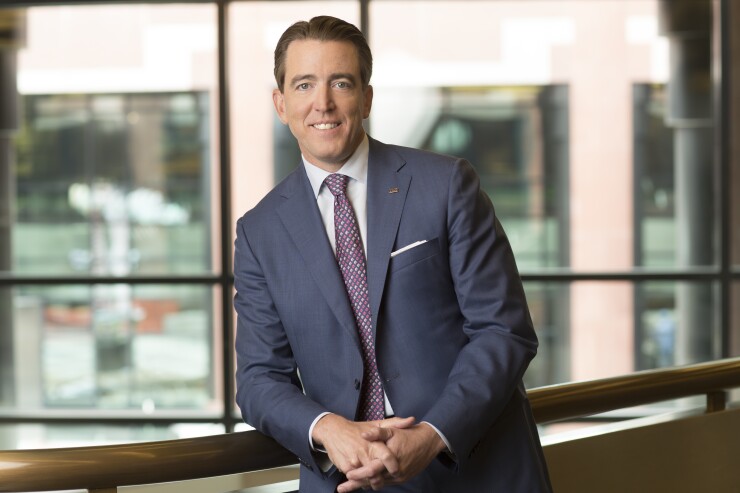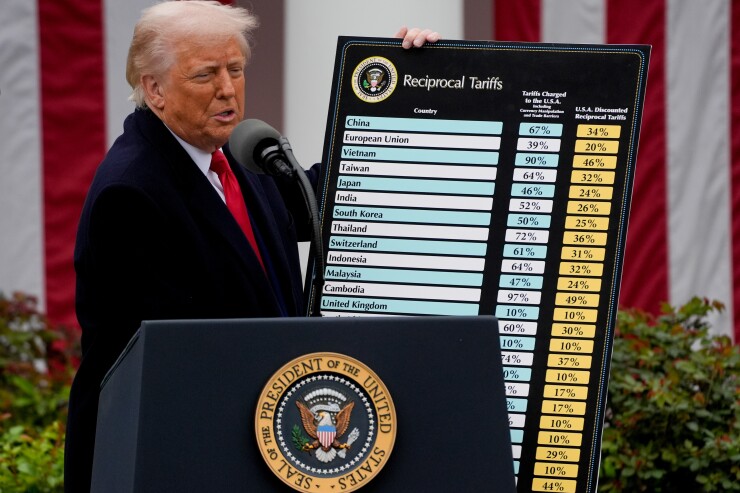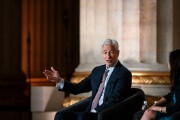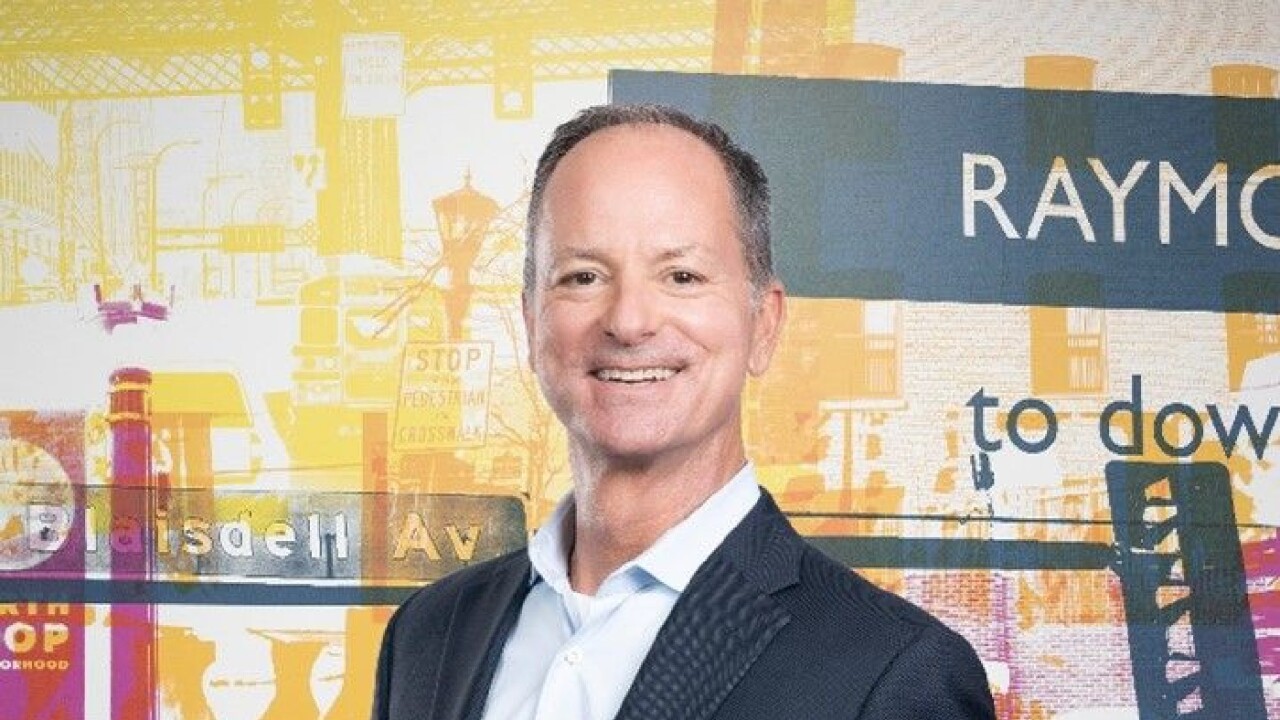The clock is ticking for the 90-day pause on President Trump's tariffs. As the July 8 deadline draws near, banks face the possibility of a new round of disruptions to their business — and yet some CEOs aren't worried.
In interviews with American Banker, two bank leaders expressed confidence that Trump will avoid ratcheting his tariffs back up to their original amounts. Even if new trade deals are not reached in time, the CEOs said, Trump will most likely "declare victory" and leave the levies at manageable levels.
"My belief system is that this administration, while they talk seriously about how they're going to lay down the law, I don't believe that they want to go down as the White House that burned down the nation," said Mariner Kemper, CEO of UMB Financial, a $69 billion-asset bank based in Kansas City.
On April 2, Trump announced steep new tariffs on almost 90 countries, raising some as high as 50%. But just one week later, the president declared a three-month pause on most of the levies, bringing them down to a "baseline" of 10%.
By the end of those 90 days, Trump said, the United States would negotiate "fair"
Implicit in the plan was a threat: If these deals were not made by July 8, tariffs would shoot back up to their initial, dizzying heights.
This uncertain new climate
UMB loans to companies with supply chains in other countries, and so has some exposure to the costs imposed by new tariffs. But Kemper said that exposure is limited, and the bank's commercial clients believe they can pass those costs onto their customers.
Then there's the bigger picture: Trump's tariffs, as Kemper sees them, are more of a negotiating tool than a policy goal unto themselves.
"I'm a believer in the art of the deal as the backdrop for what's happening," Kemper said. "I think they will find a way to declare victory by the middle of the summer, get stuff made again and put on ships, and we'll have Christmas."

The CEO cautioned that if things go the other way, the return of soaring tariffs could cause a recession — a scenario that his bank has prepared for. But to him, that doesn't seem like the most likely outcome.
And Kemper is not alone. Bruce Van Saun, CEO of the $220 billion-asset
The president "sought off-ramps," Van Saun told American Banker in an interview. "He doesn't want to tank the economy and tank the presidency. He's got people around him who let him do his thing for negotiation benefit, and then they kind of called time."
As the pause deadline approaches, the CEO of the Providence, Rhode Island-based bank is not watching the clock with trepidation. Similar to Kemper, he does not expect Trump to deliberately send tariffs soaring again, even if the threat of doing so remains useful.
"It feels like we're a little bit in a new normal," Van Saun said. "People accept that Trump wants to negotiate fairer trade, and he's going to use the tariffs as a cudgel to achieve that, but the worst case scenario — of really super high tariffs sticking — is pretty much off the table."
Van Saun acknowledged that in April, confusion over Trump's rapid-fire announcements put a chill on many businesses' long-term investments, which in turn took a toll on commercial banking. But more recently, he's felt the pace pick back up.
"I'm kind of sanguine that things got really stuck for about a month, and then they started to thaw," Van Saun said. "And this should play into a better second half of the year."

Recent messaging from the White House has bolstered the notion that July 8 is only a soft deadline. On Friday, Treasury Secretary Scott Bessent told
That kind of flexibility, combined with the administration's renewed focus on deregulation and tax cuts, has led to a more positive business environment, Van Saun said — even as the 90-day countdown still looms.
"It would be nice if this would just be behind us," Van Saun said. "But even if it's not, it's not going to end up causing a recession."







